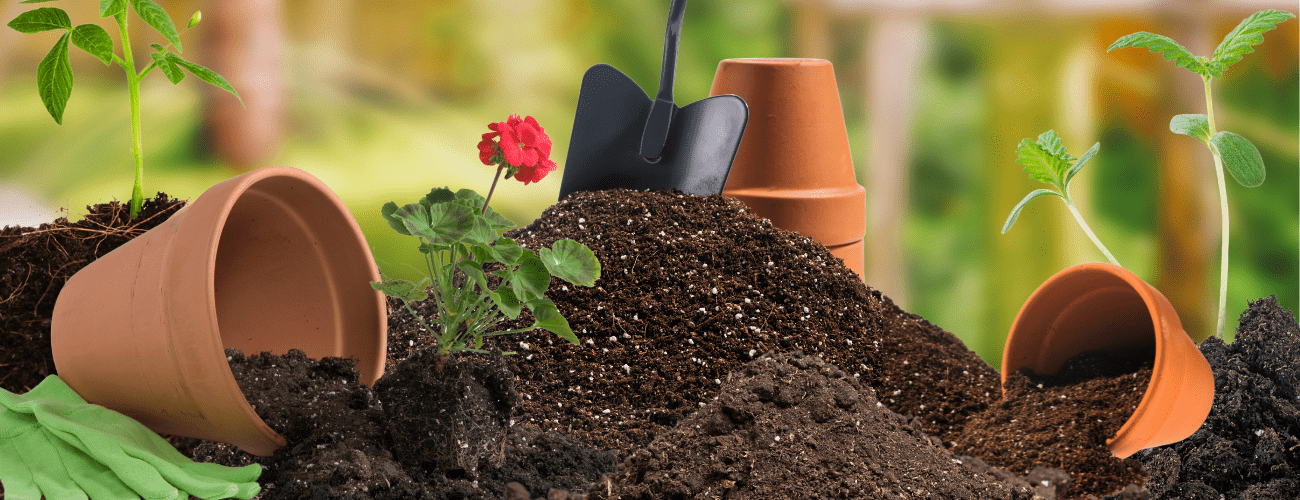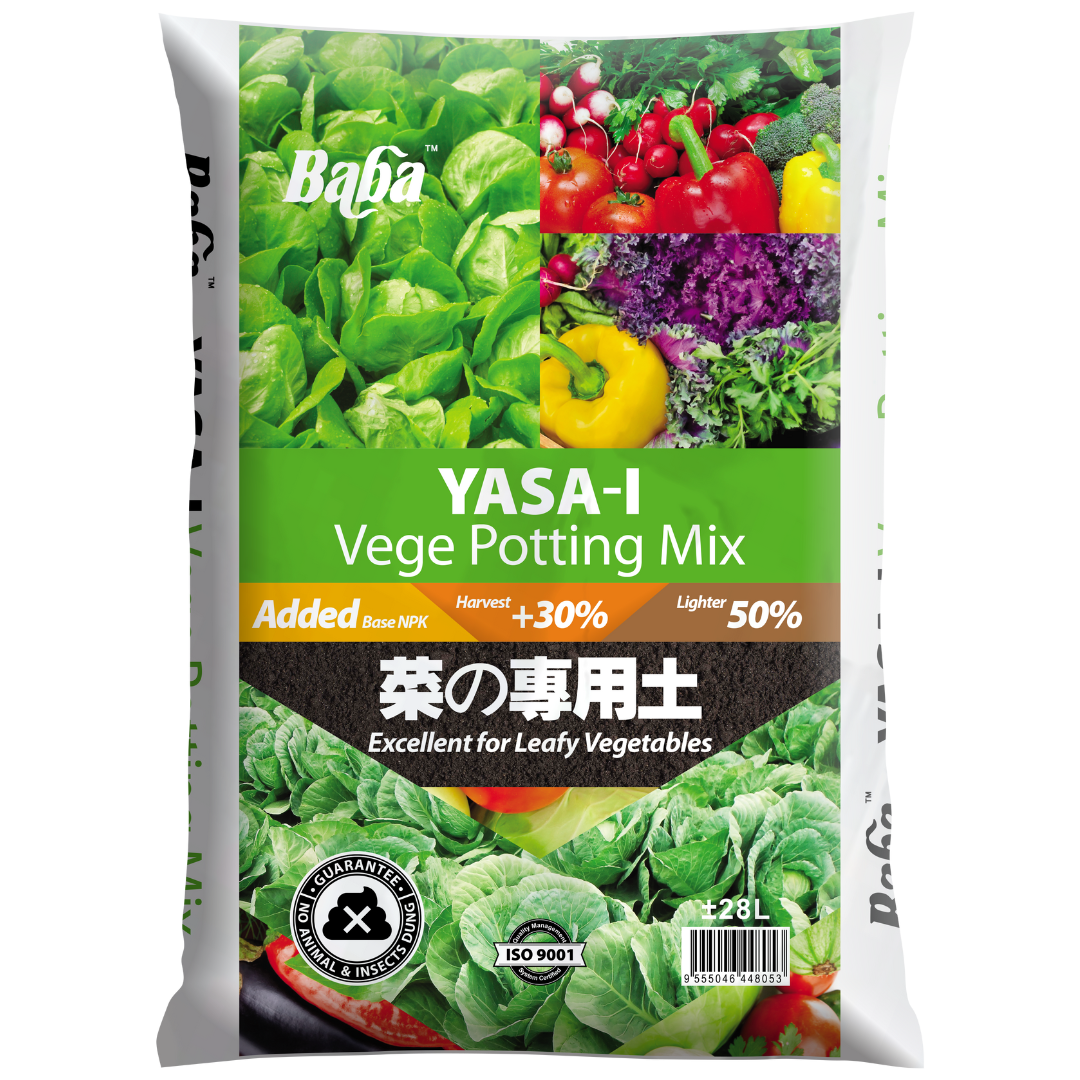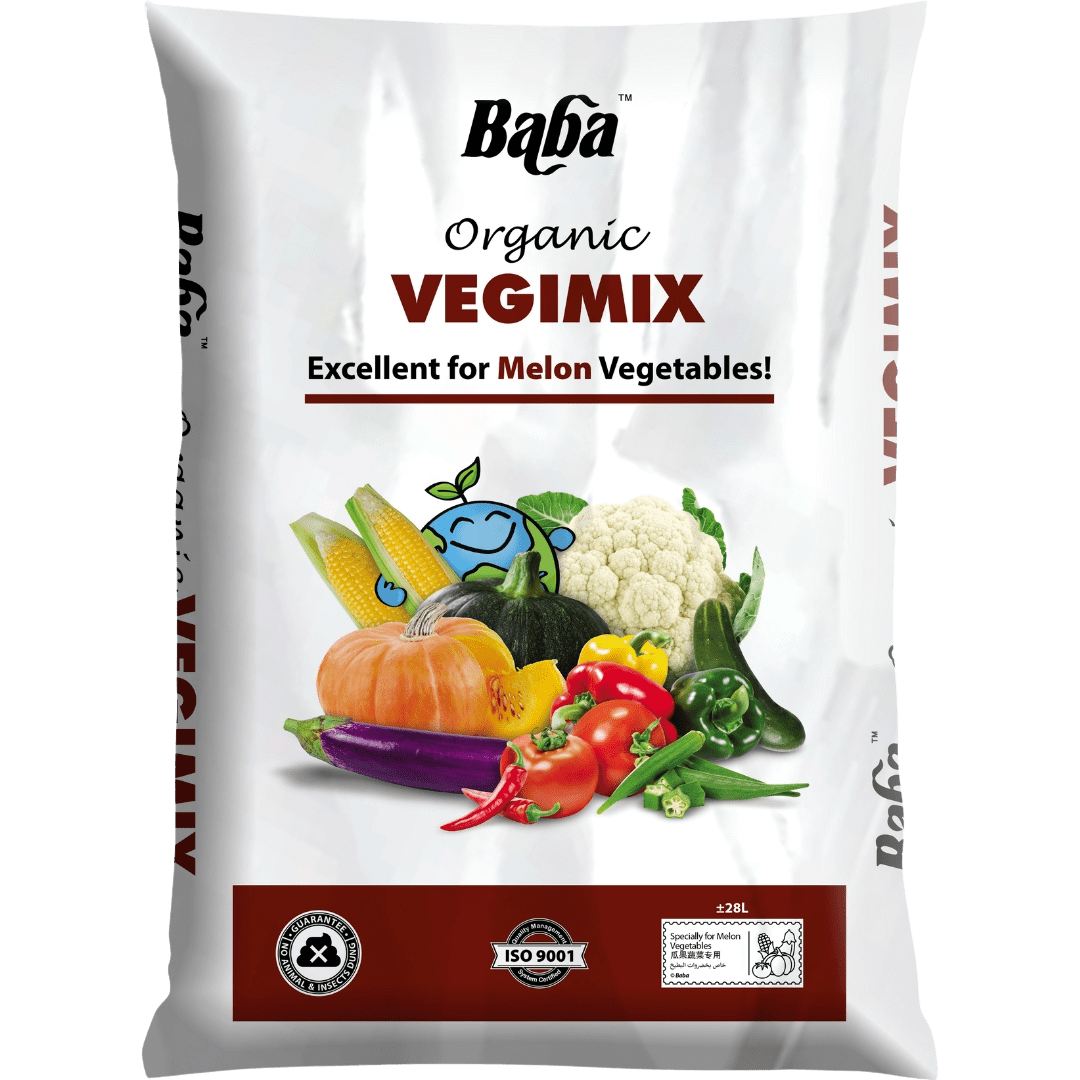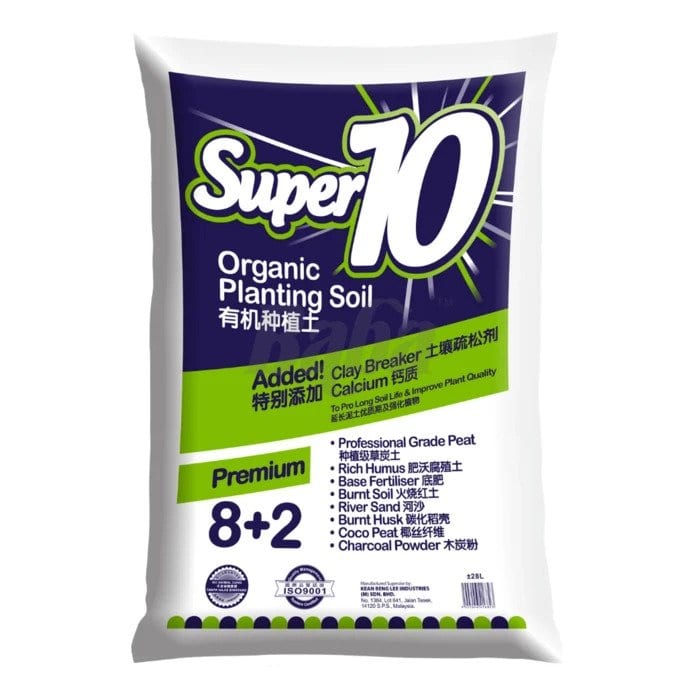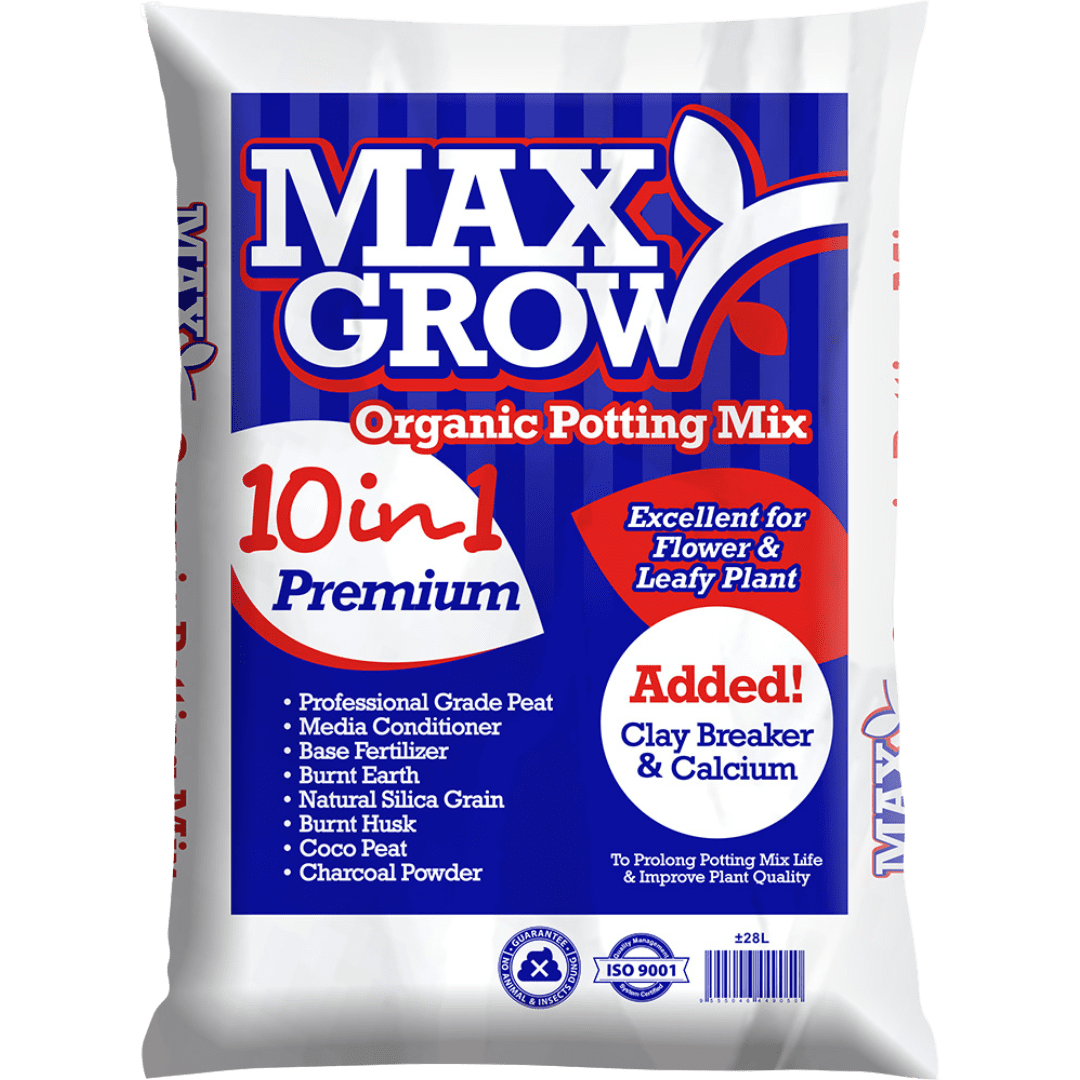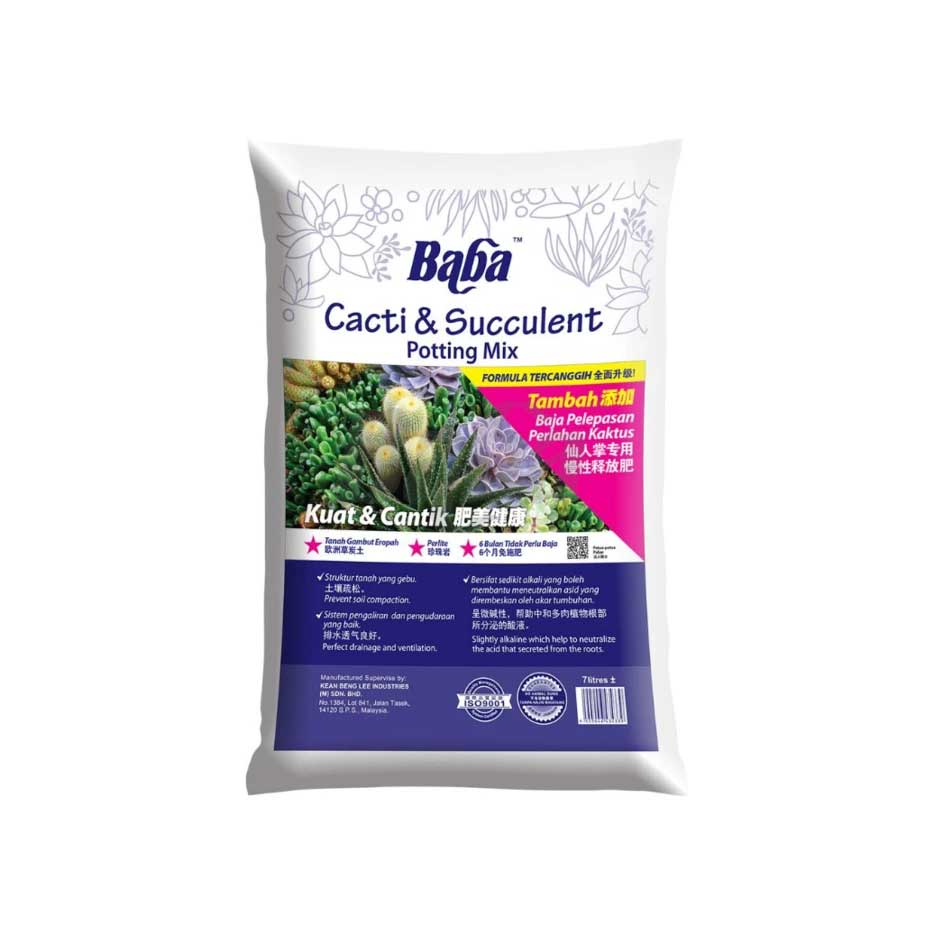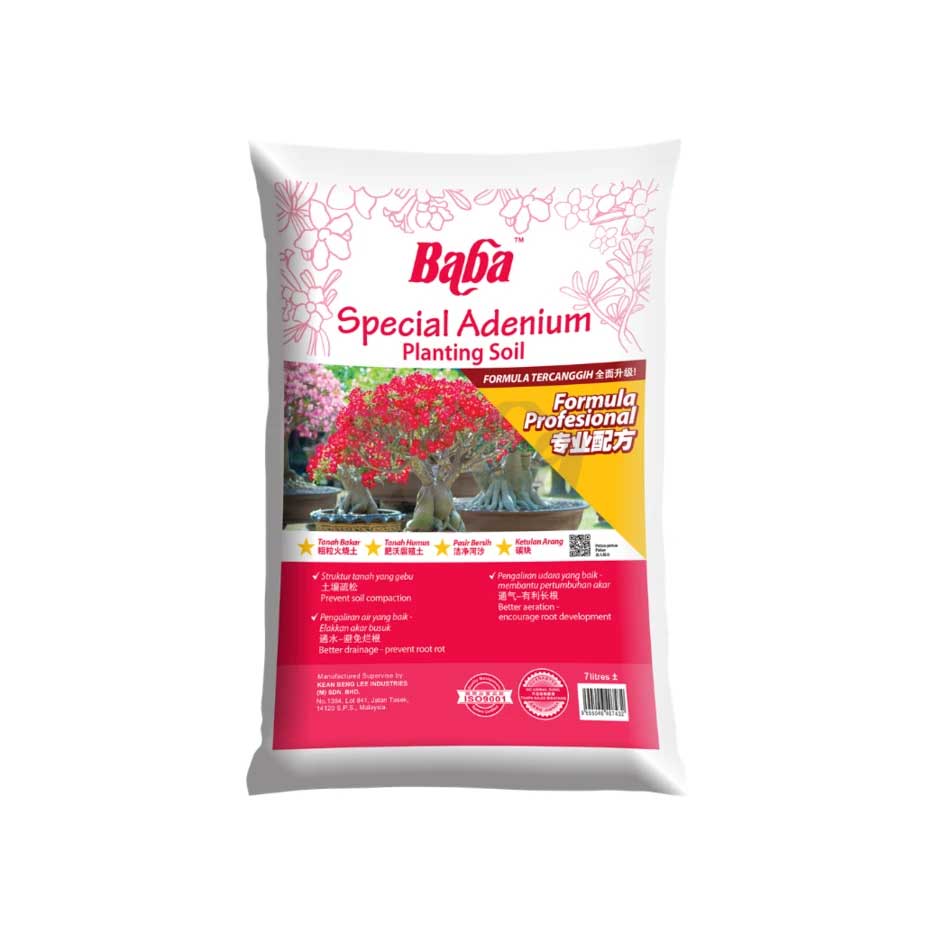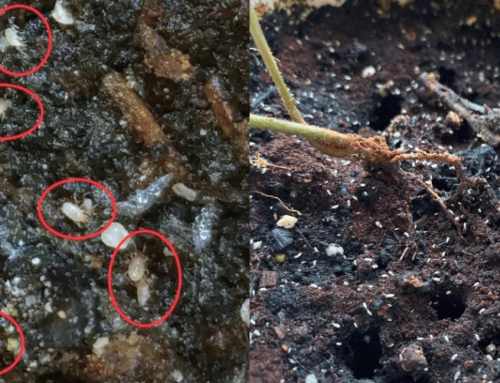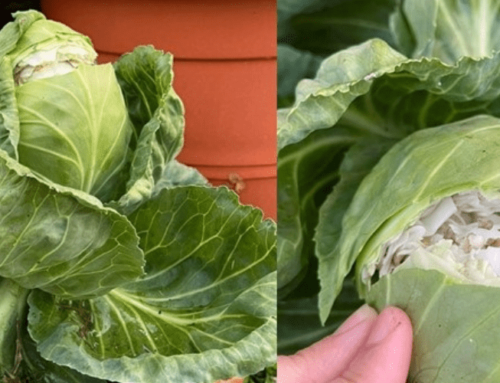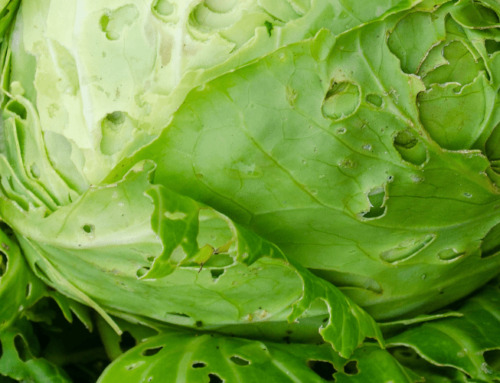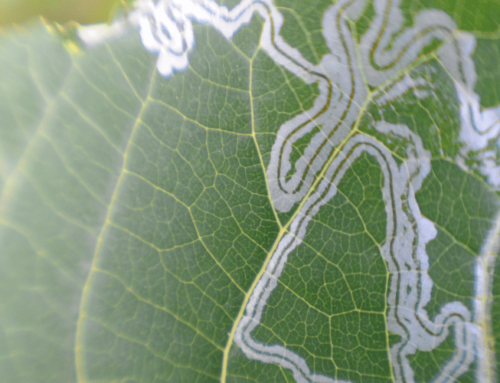How to Choose the Right Flower Soil & Soil for Vegetables
Choosing the right soil is like laying a strong foundation for a successful garden. It’s a crucial step that can make all the difference in the growth and health of your plants. Let’s dive into the essentials of selecting the perfect soil.
For your beloved flowers, the key is to find the ideal flower soil suited for the right species. Different flowers have different preferences, for instance some like rich, fertile soil, while others thrive in well-draining sandy soil. Pay attention to their pH preferences too, as some flowers prefer acidic soil, while others thrive in alkaline conditions. Knowing your flowers’ preferences is like speaking their language.
Now, when it comes to nurturing your vegetable garden, you’ll want the best soil for vegetables. Most veggies prefer nutrient-rich, well-aerated soil that allows their roots to spread and flourish. Consider adding organic matter to boost fertility.
Remember, the right soil sets the stage for a healthy, thriving vegetable garden. So, take the time to understand your plants’ needs and choose the soil that suits them best. Your garden will thank you with a bounty of beautiful blooms and delicious veggies.
Compost is an organic fertilizer that contains rich nutrients and can maintain soil’s ability to retain water and fertilizer.
For leafy vegetables such as cabbage, water retention and composting would be the major element in choosing their soil.
Therefore, you can choose soil with good water retention and rich in compost.
Soil recommendation:
- This soil contains European peat moss and is mixed with 25% fully organic compost.
- The compost component also provides the necessary nitrogen fertilizer for early plant growth.
- It has a loose texture with plenty of gaps, which allows for excellent water and nutrient drainage.
- It is highly suitable for growing leafy vegetables and can even help increase yields by 30%!
Potassium is actually an essential nutrient for plant growth, especially for fruiting plants such as chilis, eggplants, okra, long beans, and melons.
Therefore, the secret to growing fruiting vegetables is to select soil with well-draining and high potassium content.
Soil recommendation:
- This soil contains carbon fiber and has more pores, which helps with drainage and ventilation.
- The natural phosphorus and potassium fertilizers contained in it provide some of the essential nutrients required for fruiting.
For planting ornament plants, herbs, potted plants, or indoor plants, you can use soil that contain Clay Breaker and Calcium, promoting healthier plant growth and preventing soil compaction.
They are also enriched with natural ingredients that provide good drainage and excellent nutrition, making them ideal for planting ornamental plants and flowering trees such as Pinus, Sansevieria, and Caladiums.
Soil recommendation:
- No need for mixing, can be used directly.
- Mainly composed of European Peat Moss, with Clay Breaker and Calcium.
- Blended with natural ingredients that have good drainage and provide excellent nutrition.
- Ideal for home gardening!
Perlite helps to improve soil moisture retention, permeability, acid and alkali resistance.
For succulent enthusiasts, you can choose the soil with perlite.
Soil recommendation:
- The specially formulated medium for cacti and succulents ensures that the potting soil remains loose and well-ventilated.
- It has stable drainage performance, preventing waterlogging and promoting healthy root growth.
- The medium also provides slow-release fertilizers, which can last up to 6 months without fertilizing.
Activated carbon is a form of carbon processed to have small, low-volume pores that increase the surface area available for adsorption.
For adenium lovers, the main key to the choice of soil is the well-drained, ventilated. So, you can use soil with active charcoal.
Soil recommendation:
- Prevent soil compaction
- Better drainage to prevent root rot
- Better aeration to encourage root development


